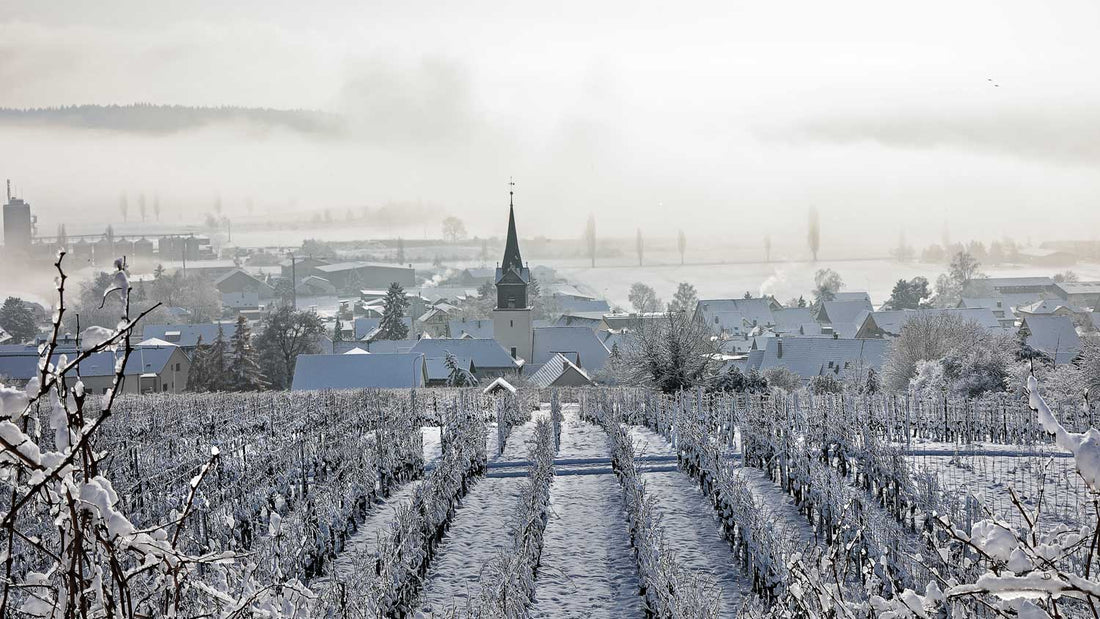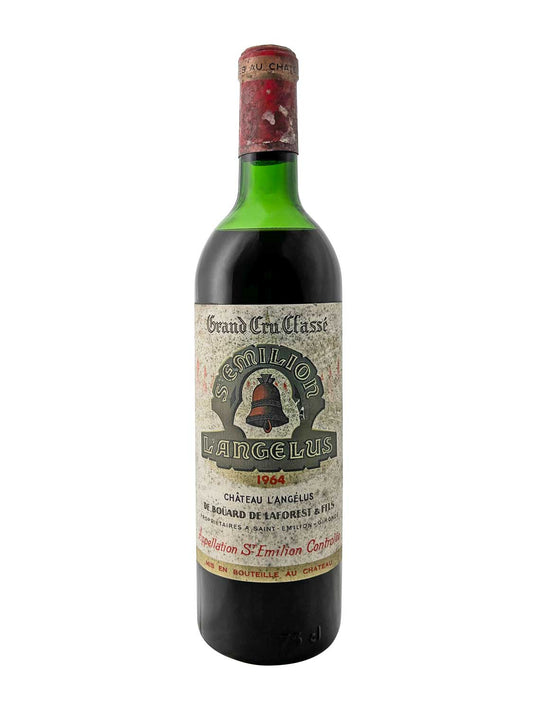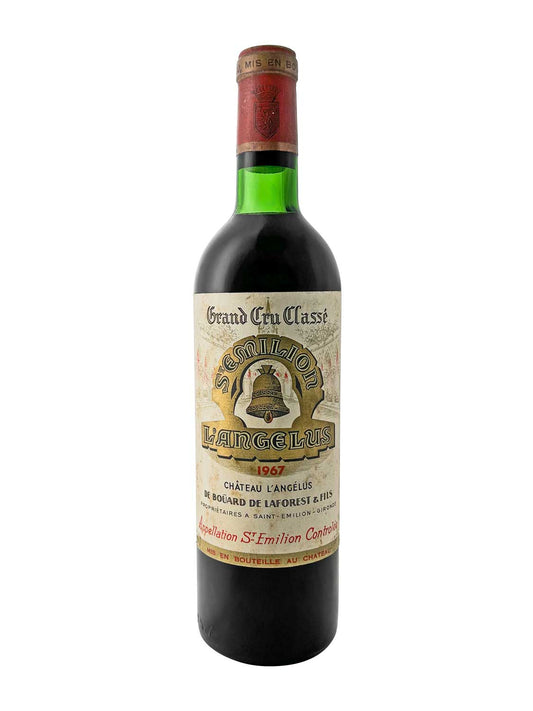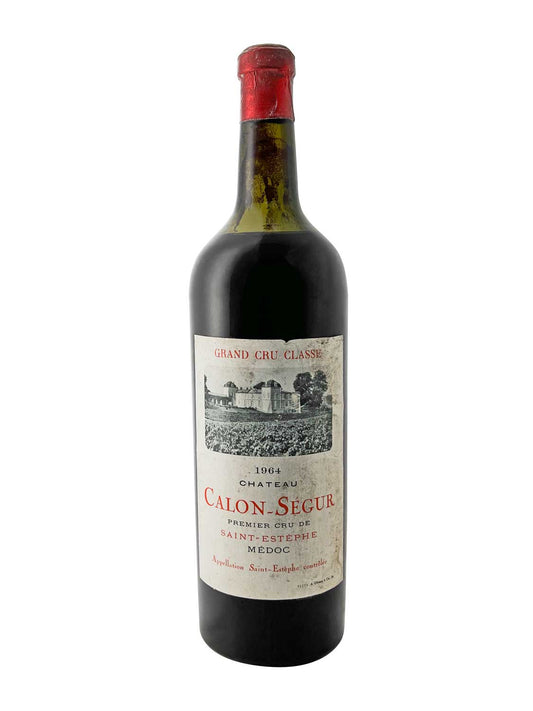
What do winemakers actually do in winter?
Winter calm in the vineyard – What winemakers do in the cold season
For many people, winter is a time of rest and reflection. For winemakers, however, this time of year is anything but quiet. While the grapes are harvested and the wine festivals are over, a new phase begins for winemakers that is just as important as the harvest season. In this blog post, we take a look at what winemakers do in winter to optimally prepare their vineyards for the next growing season.
1. After-harvest care
After the harvest is before the harvest - this saying also applies to winemaking. Winter offers winemakers the opportunity to take care of what they have achieved in the previous months. First of all, the grapes must be processed. Many winemakers use this time to press their wine and let it mature in barrels. This is a crucial step in the winemaking process, as it significantly influences the character and taste of the wine.
The quality of the wine depends heavily on the care with which the grapes are handled after harvest, so winemakers spend a lot of time monitoring their wines and making adjustments where necessary. They analyze the sugar levels, acidity and other chemical properties of the wine to ensure it achieves the desired taste.
2nd pruning
One of the most important tasks in winter is pruning. This process usually begins in late winter or early spring and is crucial for the growth of the vines in the coming year. By pruning, winegrowers remove old or diseased shoots and thus promote the growth of new shoots.
Pruning has several benefits: firstly, it ensures that the plants receive enough light and air, which reduces the risk of disease. Secondly, it helps control yields and improve the quality of the grapes. A well-executed pruning can lead to the grapes ripening more evenly and thus developing a better taste.
Winegrowers must be very precise when pruning their vines. Each cut affects the future growth of the plant, so it is important that they have in-depth knowledge of different grape varieties and their specific needs.

3. Floor care
Another important aspect during the winter is the care of the soil in the vineyards. The soil plays a crucial role in the growth of the vines and therefore in the quality of the wine. In winter, winemakers have time to deal intensively with the condition of their soil.
This can include various measures: for example, they can apply organic fertilizers or sow green manure plants to improve the nutrient content of the soil. Mulching can also play an important role - it protects the soil from erosion and keeps it moist.
In addition, many winemakers also check the pH of their soil as well as other chemical properties to ensure that their vines have optimal growing conditions.
4. Planning for the coming year
Winter is also a time of planning and preparing for the year ahead. Many winemakers use these quiet months to rethink and adapt their strategies for the next season. This can include everything from selecting new grape varieties to revising marketing strategies.
Some winemakers are even experimenting with new techniques or technologies in viticulture – be it through the use of modern irrigation systems or through innovative cultivation methods such as biodynamic cultivation or permaculture.
In addition, many winemakers take part in training courses or workshops to expand their knowledge about new trends in the industry or to exchange ideas about current challenges such as climate change or pests.
5. Maintenance of equipment and infrastructure
Winter also gives winemakers time to take care of their equipment and infrastructure. The machines need to be maintained – from tractors to wine presses – so that everything is in perfect condition when the next season begins.
In addition, many winemakers check their wine storage facilities and barrels for possible damage or defects. Good storage is crucial for the quality of the wine, so many winemakers invest time and resources in this area.
6. Community care
The winter months also offer opportunities for networking within the community of winemakers and wine lovers. Many regions hold events such as wine tastings or fairs during this time where producers can exchange ideas.
These social interactions are not only important for personal exchange; they also promote cooperation between different companies and strengthen the network within the industry.
7. Relaxation and Inspiration

Last but not least, we should not forget that winemakers are people too! Winter offers them a welcome opportunity to relax after a busy season. Many use this time to travel or visit other wineries - both for inspiration and for education.
A walk through snow-covered vineyards can be just as inspiring as a visit to a renowned wine festival in another region of Europe! These experiences not only enrich your knowledge of winemaking practices worldwide; they also bring fresh ideas back to your own company.
Conclusion
Although at first glance it may seem as if little happens in winter, behind this quiet period lies a multitude of important activities for winemakers. From post-harvest care to pruning the vines to planning for the coming year - every step contributes to us being able to collect valuable wines again next autumn.
So the next time you buy a bottle of your favorite wine, remember: Behind every label there is much more than just grapes - it is months of hard work and dedication from passionate winemakers!








